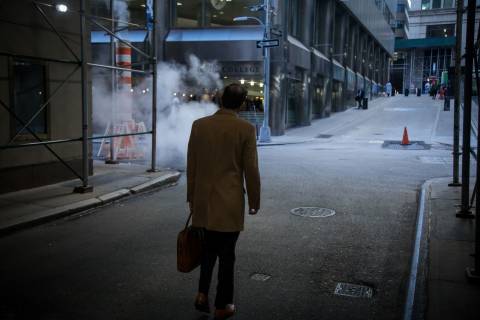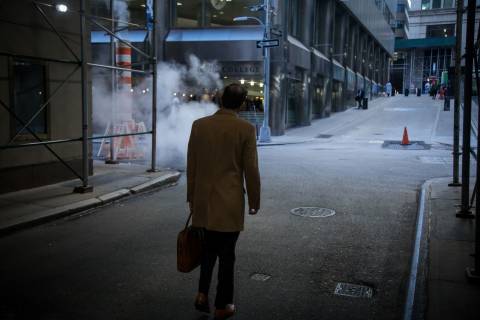(Bloomberg) -- Federal regulators would get new powers to claw back compensation of executives who led failed banks under a bipartisan plan from two US senators.

The Federal Deposit Insurance Corp. could recoup bonuses that senior executives received in the two years before a bank collapse, according to a summary of the bill.

Sherrod Brown, the Ohio Democrat who chairs the Senate Banking Committee, said in a statement on Thursday that Tim Scott of South Carolina, the panel’s highest-ranking Republican, had agreed to support the measure.
“Americans have watched executives take their money, run banks into the ground, and get away with it too many times before,” Brown said. “It’s time for CEOs to face consequences for their actions, just like everyone else,”
Former executives at failed lenders Silicon Valley Bank, Signature Bank and First Republic Bank have faced fierce criticism from Democratic lawmakers and others over their generous compensation. At the same time, federal regulators, including FDIC Chairman Martin Gruenberg, have vowed to put in place long-delayed rules to clamp down on executive pay and bonuses.
The Banking Committee plans to vote on the measure next Wednesday. If it clears the panel, the bill would eventually have to be approved by the full Senate and the House of Representatives before President Joe Biden could sign it into law.
In addition to enhancing the authority of the FDIC, the legislation would, according to the statement:
- Make it easier for regulators to bring actions against executives who fail to properly manage their company
- Compel banks to adopt certain corporate governance standards
- Bolster certain penalties
--With assistance from Erik Wasson.
More stories like this are available on bloomberg.com
©2023 Bloomberg L.P.
Author: Ben Bain
